We all have the ability to concentrate sometimes. Think of the times when you were "lost" in something you enjoy: a sport, playing music, a good game, a movie. Total concentration. But at other times, Your mind wanders from one thing to another Your worries distract you Outside distractions take you away before you know it The material is boring, difficult, and/or not interesting to you. These tips may help:
They involve What you can control in your studies Best practices Before engaging in your studies, and concentrating, try to center yourself with silence, clearing your mind of distractions that may disrupt your productivity. What you can control in your studies:
"Here I study" Get a dedicated space, chair, table, lighting and environment Avoid your cellphone or telephone Put up a sign to avoid being disturbed or interrupted If you like music in the background, OK, but don't let it be a distraction. (Research on productivity with music versus without music is inconclusive) Stick to a routine, efficient study schedule Accommodate your day/nighttime energy levels
See our Guide on Setting goals and making a scheduling Focus Before you begin studying, take a few minutes to summarize a few objectives, gather what you will need, and think of a general strategy of accomplishment Incentives Create an incentive if necessary for successfully completing a task, such as calling a friend, a food treat, a walk, etc.
For special projects such as term papers, design projects, long book reviews, set up a special incentive Change topics Changing the subject you study every one to two hours for variety Vary your study activities Alternate reading with more active learning exercises If you have a lot of reading, try the SQ3R method Ask yourself how you could increase your activity level while studying? Perhaps a group will be best? Creating study questions? Ask your teacher for alternative strategies for learning. The more active your learning, the better.
Take regular, scheduled breaks that fit you Do something different from what you've been doing (e.g., walk around if you've been sitting), and in a different area Rewards Give yourself a reward when you've completed a task Best Practices: You should notice improvement in a few days But like any practice, there will be ups, levels, and downs: It will benefit other activities you do! Be here now | Worry time | Tally Card | Energy level | Visualize Be Here Now This deceptively simple strategy is probably the most effective. When you notice your thoughts wandering astray, say to yourself "Be here now" and gently bring your attention back to where you want it. For example: You're studying and your attention strays to all the other homework you have, to a date, to the fact that you're hungry.
Say to yourself "Be here now" Focus back on subject with questions, summarizing, outlining, mapping, etc. and maintain your attention there as long as possible. When it wanders again, repeat "Be here now" and gently bring your attention back, and continue this practice, repeatedly. It will work! Do not try to keep particular thoughts out of your mind. For example, as you sit there, close your eyes and think about anything you want to for the next three minutes except cookies. Try not to think about cookies...When you try not to think about something, it keeps coming back. ("I'm not going to think about cookies. I'm not going to think about cookies.") You might do this hundreds of times a week. Gradually, you'll find that the period of time between your straying thoughts gets a little longer every few days. So be patient and keep at it. You'll see some improvement! Do not constantly judge your progress. Take it easy on yourself.
Good practice is enough to say that you did it, and that you are on the road. The mind is always different and the practice unfolds over time with many ups and downs. Worry or Think Time Research has proven that people who use a worry time find themselves worrying 35 percent less of the time within four weeks. Set aside a specific time each day to think about the things that keep entering your mind and interfering with your concentration. When you become aware of a distracting thought, remind yourself that you have a special time to think about them, Let the thought go, perhaps with "Be here now," Keep your appointment to worry or think about those distracting issues For example, set 4:30 to 5 p.m. as your worry/think time. When your mind is side-tracked into worrying during the day, remind yourself that you have a special time for worrying.
Then, let the thought go for the present, and return your focus to your immediate activity. Tallying your mental wanderings. Have a 3 x 5 inch card handy. Draw two lines dividing the card into three sections. Label them "morning," "afternoon," and "evening." Each time your mind wanders, make a tally in the appropriate section. Keep a card for each day. As your skills build, you'll see the number of tallies decrease Maximize your energy level When is your energy level at its highest? When are your low energy times? Study your most difficult courses at your high energy times. Sharpest early in the evening? Study your most difficult course then. Later in the evening? Work on your easier courses or the ones you enjoy the most. Most students put off the tough studies until later in the evening when they become tired, and it is more difficult to concentrate. Reverse that. Study hard subjects at peak energy times; easier ones later. This alone can help to improve your concentration Visualize As an exercise before you begin studying, think of those times when concentration is not a problem for you--no matter what situation. Now try to feel or image yourself in that situation. Recapture that experience immediately before your studies by placing yourself in that moment. Repeat before each study session. Thinking and recall series Concentrating | Radical thinking | Thinking aloud/private speech | Thinking critically | Thinking critically | Thinking creatively | Brainstorming | Mapping explanation | Make your own map I | Make your own map II | Thinking like a genius: Creative solutions | Famous thinkers | Blog | The Role of silence in learning Portions adapted with permission from
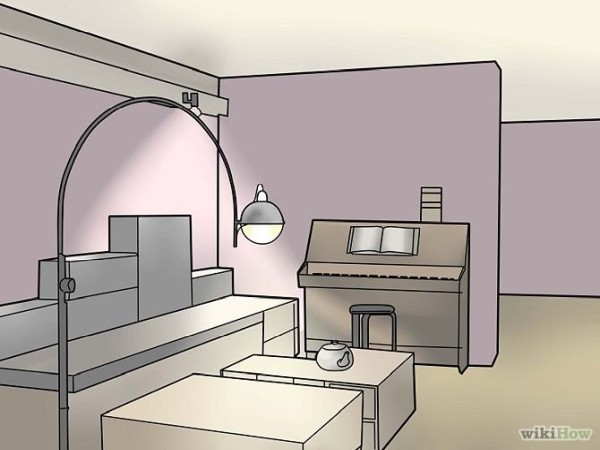
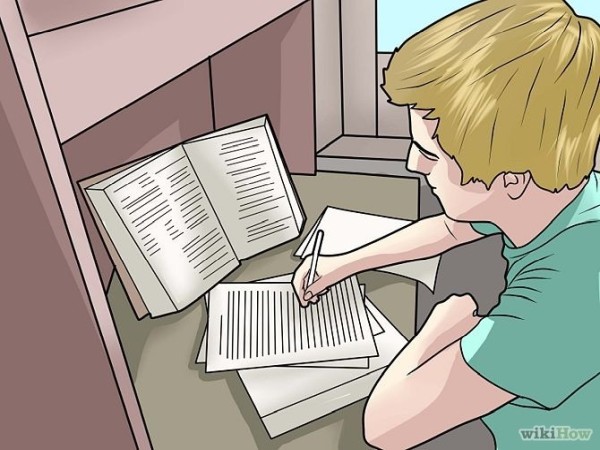

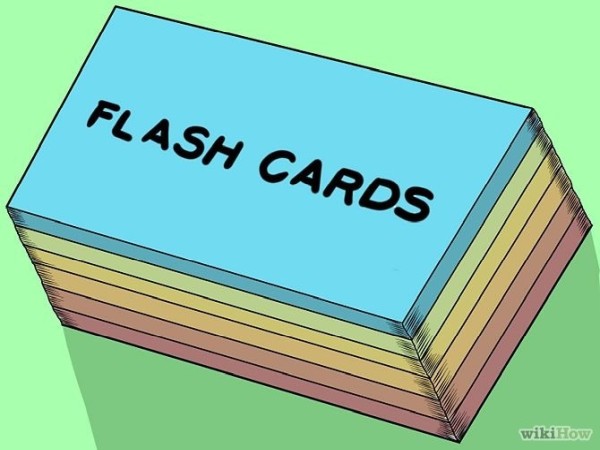

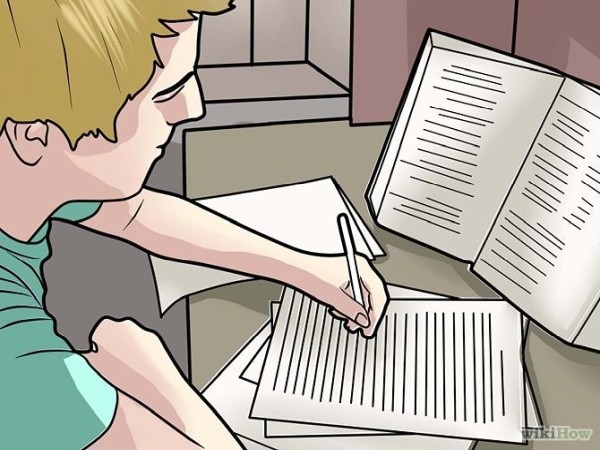
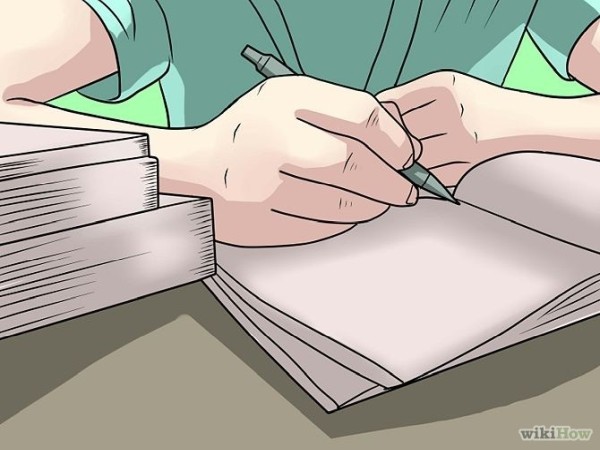




 CAclubindia
CAclubindia
